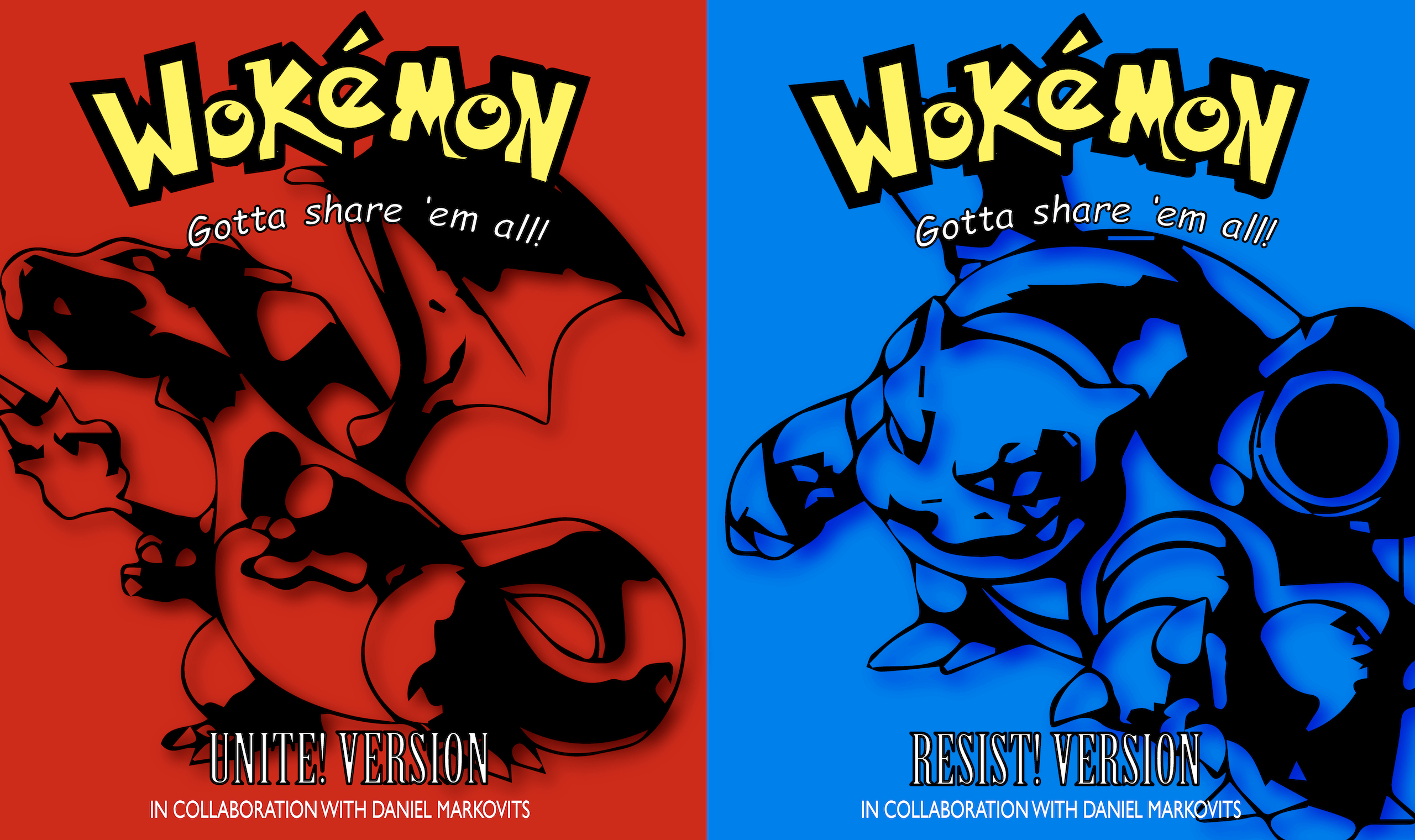This just in from TOS’s Real Fake News department: In a move sure to intensify the holiday console wars, Nintendo announced on Tuesday that it is rereleasing classic titles such as Super Mario Brothers, Pokémon, and The Legend of Zelda—all with radically new game designs following a collaboration with Yale professor Daniel Markovits, author of the New York Times best-selling book The Meritocracy Trap.
Nintendo of America President Doug Bowser said on Tuesday:
Both we at Nintendo and our beloved customers have progressed over these past decades, and gamers today demand the same level of social justice in their entertainment as they do in the rest of their lives. Nintendo accepts this responsibility and is ready to meet this challenge head-on. Mario is woke!
Each rereleased classic Nintendo title will feature a brief introduction by a digitally rendered Daniel Markovits, imploring players to be aware of how their in-game actions can have the effect of consolidating and restricting resources and privileges in the Mushroom Kingdom, Hyrule, and the Pokémon universe.
In-game changes include Mario and Yoshi interacting in a new “peer-centric” dynamic, whereby they walk side by side, rather than Mario riding on Yoshi in the classic patriarchal trope. Players will no longer be able to jump on enemies to defeat them but will, instead, use coins gathered throughout each level to pay goombas and koopas a living wage, encouraging sustainable growth in Mushroom communities and dis-incentivizing toxic masculinity. Acclaimed game designer and Mario creator Shigeru Miyamoto explained, “Markovits really helped us see the problems of Mario-tocracy in our classic titles.”
Redesigned versions of the ’90s standards Pokémon Red and Blue, rebranded as Wokémon Unite! and Resist!, encourage the Pokémon trainer to amass as many low-level Pokémon as possible and then direct them to riot and burn down Pokémon gyms, identified as centers of meritocratic privilege and exclusion that favor evolved, high-level Pokémon to the detriment of the 99 percent.
Nintendo’s crown jewel, the lionized The Legend of Zelda: Ocarina of Time, has undergone the most drastic makeover. In the rerelease of the ’90s masterpiece, Link’s constant companion and guide, the fairy Navi, is replaced by a miniature avatar of Professor Markovits, who hovers over Link and looks on disapprovingly as the player gathers items and becomes more proficient at solving dungeon puzzles and mastering weapons. In turn, the in-game non-playable characters become increasingly resentful as the player makes progress toward the game’s conclusion, eventually culminating in a battle with Ganon in which Princess Zelda refuses to be rescued, accuses Link of sexism for the notion that she needed rescuing, and cancels him—at which point the player is given the option to draft an apology letter that slowly scrolls down the screen as the game’s ending credits play.
Game designer Takashi Tezuka shared his team’s rationale for removing scores and rankings from the entire lineup, saying such features “reinforce the myth that people earn what they get and that hard work can lead to high scores.”
Each title currently sells for $89.99 at all electronic retail establishments and Amazon, with 20 percent of all sales going to Yale University’s endowment, valued at $30 billion.
Click To Tweet














